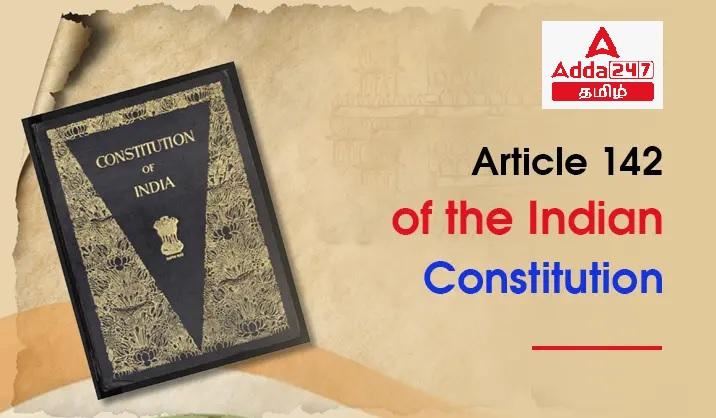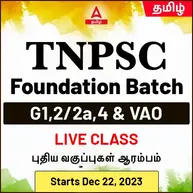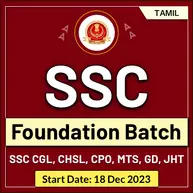Table of Contents
Overview of Article 142 of the Indian Constitution:
- Grants the Supreme Court the authority to ensure complete justice in any pending cases or issues.
- Empowers the apex court with special, extraordinary powers to correct injustices or illegalities faced by litigants during legal processes.
- Article 142(1) specifies that the Supreme Court can issue any necessary decree or order to achieve complete justice, with such orders being enforceable across India according to Parliament’s laws or, in their absence, as directed by the President.
Notable Instances of Article 142 Utilization:
- Ram Janmabhoomi-Babri Masjid Land Dispute: Utilized Article 142 to resolve the dispute by transferring the contested land to a government-formed trust.
- Bhopal Gas Tragedy (Union Carbide vs Union Government): Applied Article 142 to intervene and arrange compensation for the tragedy’s victims, demonstrating the provision’s impact in significant legal and social contexts.
Recent News of Article 142: (20-02-2024)
- The Supreme Court seems to have exercised its powers under Article 142 to declare an AAP leader as the Mayor of Chandigarh, setting aside the previous results due to irregularities such as the defacing of ballot papers.
- The court took action against the Returning Officer and emphasized that it would not tolerate subterfuges that destroy electoral democracy at the local level.
- This use of Article 142 demonstrates the court’s capacity to intervene directly to uphold the principles of democracy and rectify injustices that occur within the electoral process.
Powers of the Supreme Court under Articles 32, 136, 141 and 142.
****************************************************************************
| Adda247 TamilNadu Home page | Click here |
| Official Website=Adda247 | Click here |









